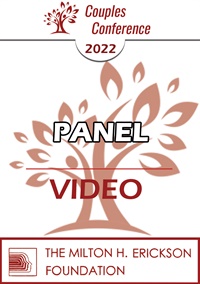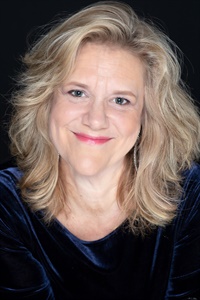CC22 Panel 01 - Couples and Motivation - Peter Pearson, PhD; Tammy Nelson, PhD; William Doherty, PhD; Elliott Connie, MA, LPC
- Average Rating:
- Not yet rated
- Topic Areas:
- Topical Panels | Couples Therapy | Motivation | Therapist Development
- Categories:
- Couples Conference | Couples Conference 2022 | Pioneers in Couples and Family Therapy
- Faculty:
- Peter Pearson, PhD | Tammy Nelson, PhD | William Doherty, PhD | Elliott Connie, MA, LPC
- Course Levels:
- Master Degree or Higher in Health-Related Field
- Duration:
- 57:36
- Format:
- Audio and Video
- Original Program Date:
- Jun 24, 2022
- License:
- Never Expires.
Description
Description: The panel examines motivation in couples, focusing on how therapists can navigate differing levels of motivation. Approaches include assuming both are motivated, addressing ambivalence through structured decision-making, balancing connection and independence, and fostering teamwork. Emphasis is placed on evoking hope, encouraging emotional risk-taking, and creating a shared vision for the relationship.
Syllabus Description: Motivational factors may be central in the life of a couple. The panel will describe conflicts due to motivational factors and provide therapeutic options.
Learning Objectives
1. List three ways that motivational factors affect relationships.
2. Describe three methods of addressing motivation with couples.
Credits
Handouts
| Timestamped Transcript (875.9 KB) | 20 Pages | Available after Purchase |
| Ericksonian Learning Snapshot (247.7 KB) | 2 Pages | Available after Purchase |
Faculty
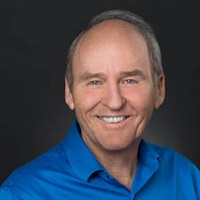
Peter Pearson, PhD Related Seminars and Products
Peter Pearson, Ph.D., has specialized in helping couples transform their relationships. He and his wife, Dr. Ellyn Bader are pioneers in the field of couples therapy, creating The Developmental Model of Couples Therapy and founding The Couples Institute long before couples therapy was recognized as a specialty. As a therapist, workshop leader, author, and speaker, Pete is dedicated to helping couples create extraordinary relationships. He and his wife have been featured on over 50 radio and television programs including “The Today Show” and “CBS Early Morning News.”
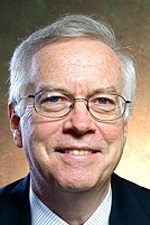
William Doherty, PhD Related Seminars and Products
William J. Doherty is an educator, researcher, therapist, speaker, author, consultant, and community organizer. He is Professor and Director of the Marriage and Family Therapy Program in the Department of Family Social Science, College of Education and Human Development, at the University of Minnesota, where he is also an adjunct Professor in the Department of Family Medicine and Community Health.
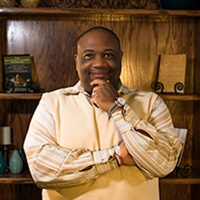
Elliott Connie, MA, LPC Related Seminars and Products
Elliott Connie is a solution focused therapist with his private practice based in Keller, TX. Elliott specializes in using the solution focused approach to work with couples. He is the co-author of the book The Art of Solution Focused Therapy, and his second book, Solution Building in Couples Therapy, was released in 2012. His latest book, The Solution Focused Marriage: 5 Simple Habits That Will Bring Out the Best in Your Relationship, is now available.
Elliott has traveled throughout the United States and Europe, including the UK, Sweden, Poland, Denmark, the Netherlands, Switzerland, Australia, Russia, South Africa and Canada, training psychotherapists to work more effectively with couples, and helping couples to build more satisfying relationships.


